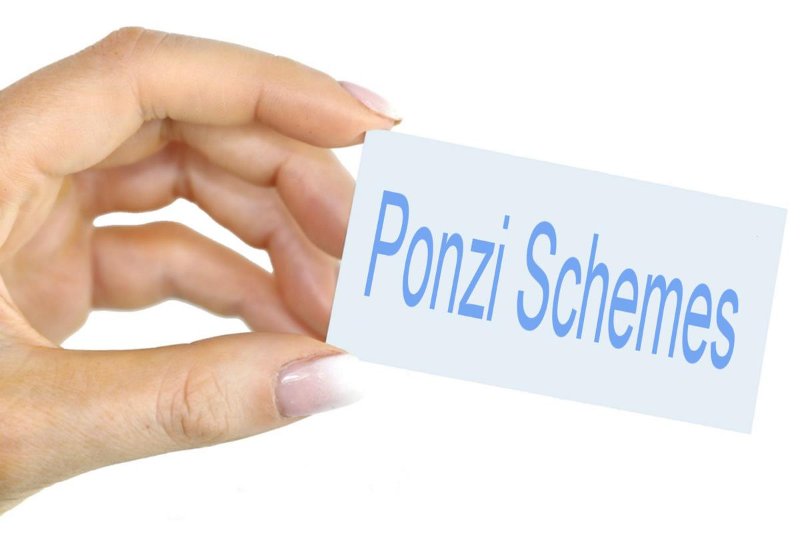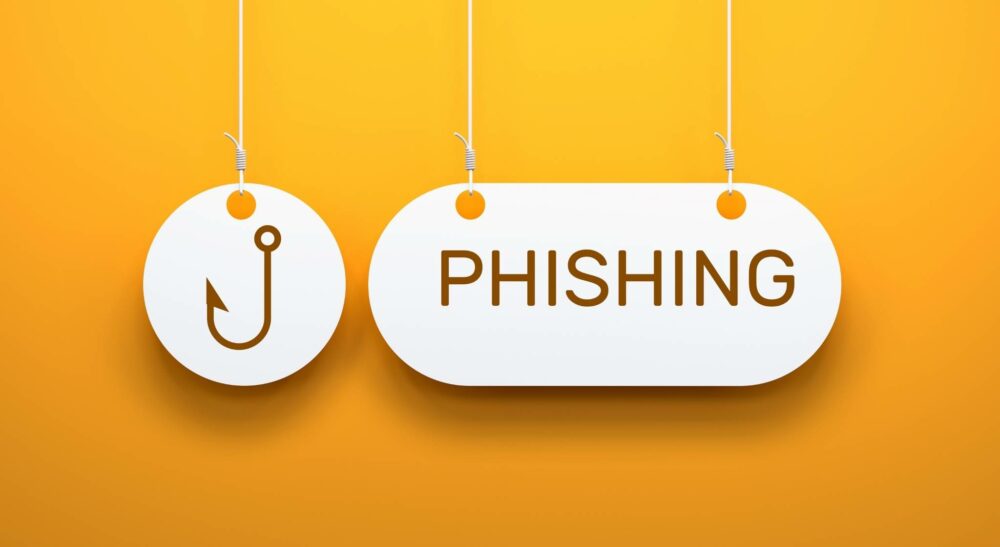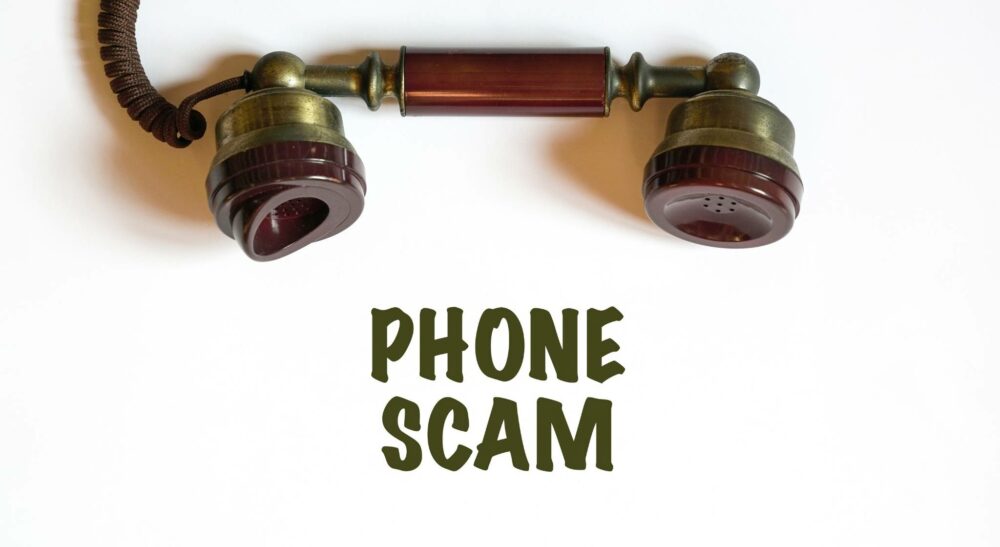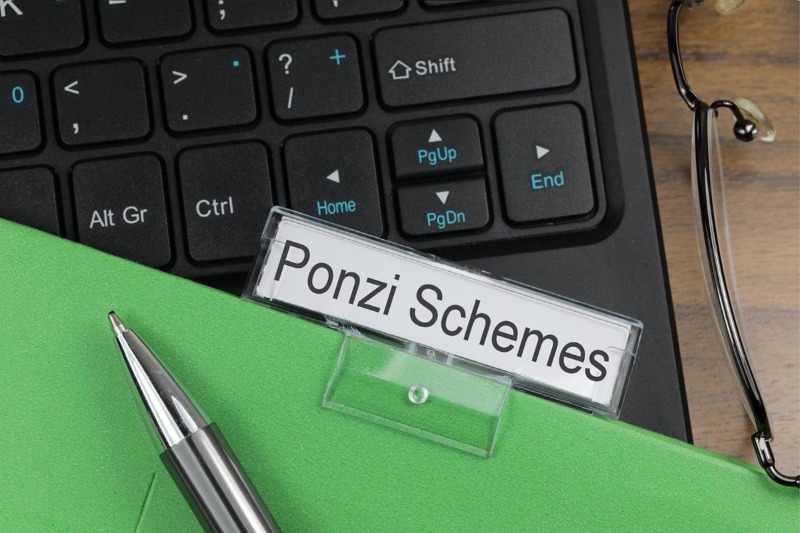How to Identify a Ponzi Scheme?
A Ponzi scheme is a type of investment scam that involves luring participants in order to pay gains to earlier investors using funds from investors who entered the plan more recently.
The scheme, which was named after the Italian entrepreneur Charles Ponzi, dupes victims into thinking that profits are coming from lawful business activity (such as the sale of products or successful investments), while in reality, the victims are kept in the dark about the fact that other investors are the source of funds.
A Ponzi scheme can maintain the illusion of a sustainable business as long as new investors contribute new funds and as long as the majority of the investors do not demand full repayment and continue to believe in the non-existent assets they are purported to own. In other words, as long as the scheme continues to function as intended, it can create the impression that the business is successful.
Adele Spitzeder in Germany ran a Ponzi scheme between the years 1869 and 1872, and Sarah Howe in the United States ran a scheme called “Ladies’ Deposit” in the 1880s. Both of these women are credited with carrying out some of the first recorded incidents that meet the modern definition of a Ponzi scheme.

Howe targeted only female customers by advertising a monthly interest rate of 8% and then stealing the money those customers had placed in his business. She was identified and sentenced to three years in prison after being found out. The Ponzi scheme was also featured in literature written in the past; Charles Dickens’ works Martin Chuzzlewit from 1844 and Little Dorrit from 1857 both feature such a scam.
In the 1920s, Charles Ponzi was the one who carried out this scheme, and he gained widespread notoriety throughout the United States due to the enormous amount of money that he managed to acquire. His initial scheme was based on the legal arbitrage of international reply coupons for postage stamps.
Still, he quickly began to divert new investors’ money to make payments to earlier investors and himself. His plan was initially based on the legitimate arbitrage of international reply coupons for postage stamps. Ponzi’s scheme, in contrast to others of a similar nature that came before it, received significant press coverage both within the United States and internationally both while it was being perpetrated and after it collapsed; this notoriety eventually led to the type of scheme being named after Ponzi, who was the perpetrator of the scheme.
Latest News & Scam Alerts




The Latest 411 on Current Day Cell Phone Scam

Smishing: A Whole New Level of Scams & Frauds
Over £27million lost to scams involving crypto and forex investments in 2018/19
Securities and Exchange Commission
If you’re someone who is into Online, then you’re definitely at the right place. We can give you the best practices in identifying red flags as well as help you in recovering your stolen money from scammers!
Table of Contents
How to Identify a Ponzi Scheme?
A Ponzi scheme is a fraudulent investment scam that benefits early investors with money taken from later investors. This is similar to pyramid schemes, both of which are based on using new investor funds to pay previous backers.
Both Ponzi and pyramid schemes eventually bottom out when the flood of new investors dries up, and there isn’t enough money to go around. At that point, the plan will be lost.
You need to keep a few points in mind to save yourself from Ponzi scheme scams.

Use of Secretive Strategies
Stay away from investments that are too complicated for you to comprehend, whether this is due to your own lack of understanding or the inadequate information provided by the vendors. If a vendor claims that outcomes will be achieved through means shrouded in mystery and cannot be disclosed, it is probably that they are trying to conceal the origin of their revenue. Before investing in a field that you are not familiar with, particularly in the fields of science, health, and technology, you should get the advice of an industry expert.
Conduct Research
It is essential by both federal and state law for stockbrokers and investment counselors to have a license; however, Ponzi schemes will typically employ those who do not have licenses to market the investment.
The BrokerCheck service provided by the Financial Industry Regulatory Authority (FINRA) is a resource that investors can use to determine whether or not a financial advisor is registered.

High Risk with No Return
When you are promised continuously high returns that are higher than the average return on the stock market, this is generally a clue that you are being taken advantage of by a Ponzi scheme or some other form of an inappropriate or fraudulent investment scam.
The normal pattern for investment returns is that they will rise and fall in tandem with the market, and as a general rule, the better your investment return, the larger your investment risk should be. The only type of investment that can be considered “risk-free” is buying bonds issued by the United States government; the low interest rates on these bonds reflect the absence of danger.
Rollover
Be wary of any investments that tempt you to hold off on cashing out by promising bigger profits if you allow the payment to roll over. You should not make another investment if you have not yet received the payout from your previous investment.
HAVE YOU BEEN SCAMMED AND NEED HELP IN FIGHTING BACK?
Scammers can create complex scams that can trap even the most cautious of people. But it’s not too late because we can help you track the damage done by scammers.
We can help you get your money back!
Pressurizing Sales Tactics
Scammers urge investors to make quick choices about their investments before they have the opportunity to assess the promises that a seller is making carefully. Be wary of strategies that emphasize brevity or scarcity.
What to do if You Have Invested in a Ponzi Scheme
Ponzi schemes continue to be responsible for significant financial losses, despite the fact that they are among the most well-known investment scams.
In the year 2020, one hundred years after the event that the scheme was named for, investors lost a total of $3.25 billion in funds, the most immense amount in the past ten years. Even the most shrewd individuals are not immune to being taken advantage of by cunningly devised plans, so be sure to look out for warning signs, proceed with caution, carry out your research and contact the authorities if you suspect that you are being scammed since raising your voice is just as important as any other step.
do you need help?
A lot of those who contact us have questions and concerns about their personal and business data being compromised. We aim to arm you with the legal and technical know-how in the fight against scams. Also, we will be able to refer you to top scam recovery agencies.
Please fill up the form. Rest assured that our support team will get in touch with you





